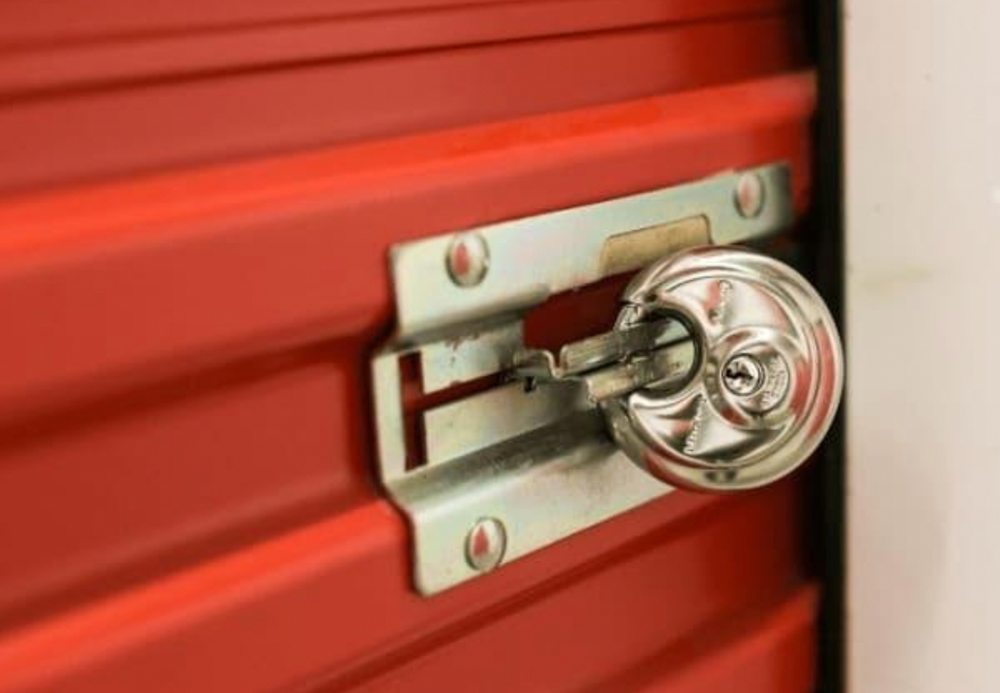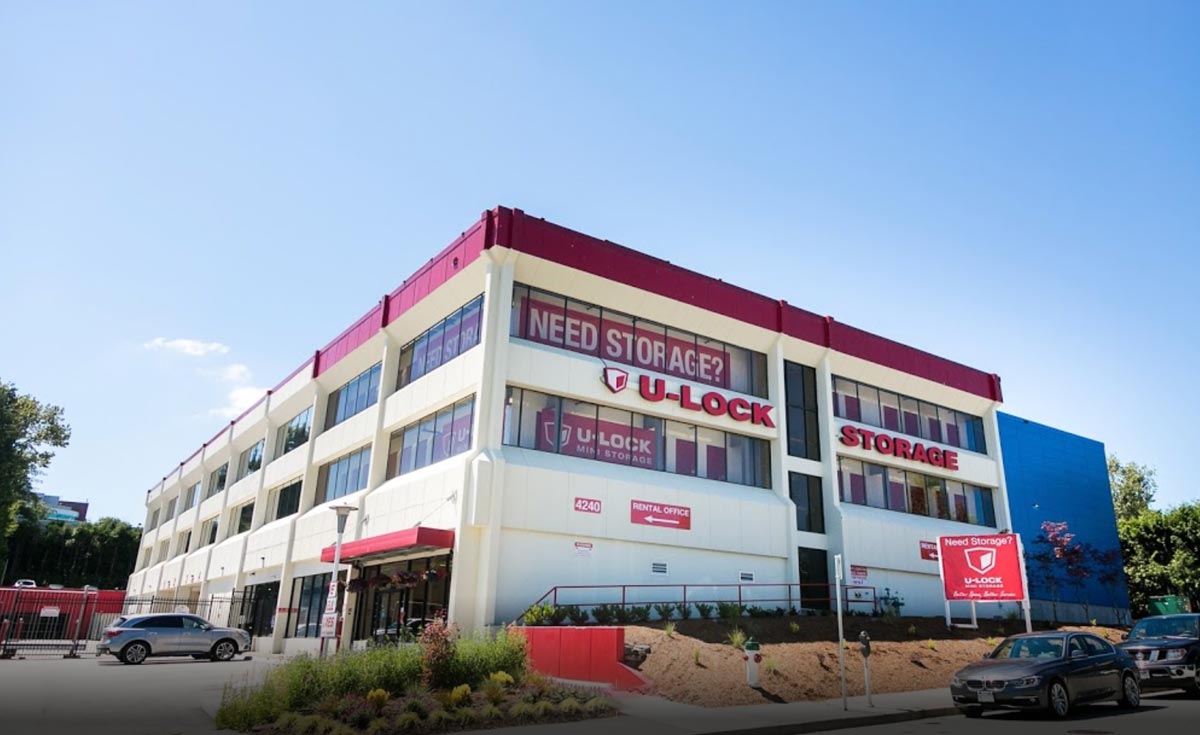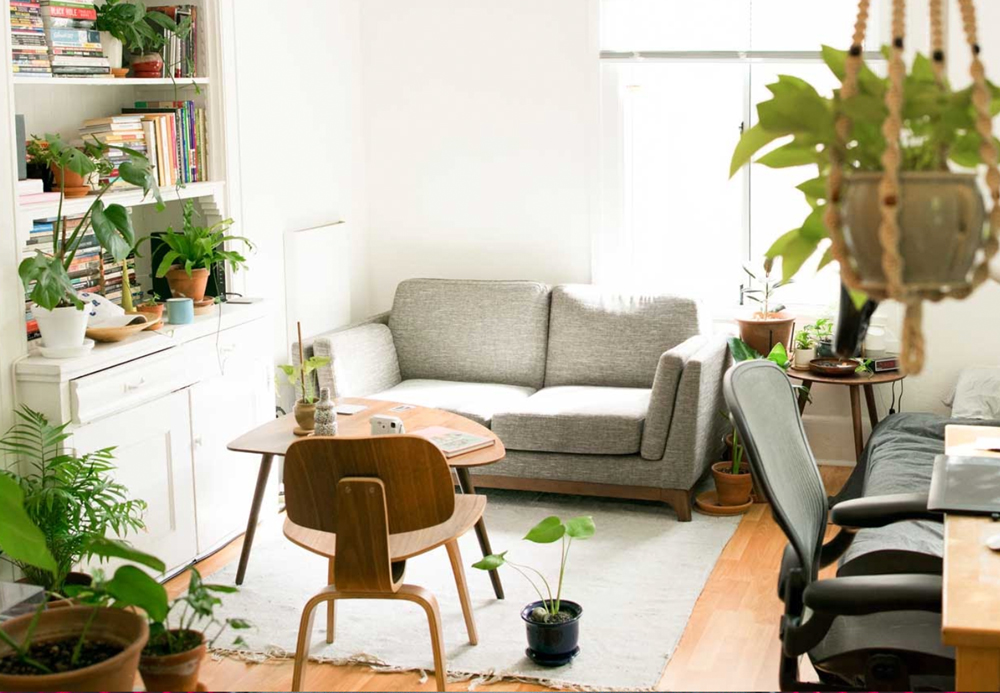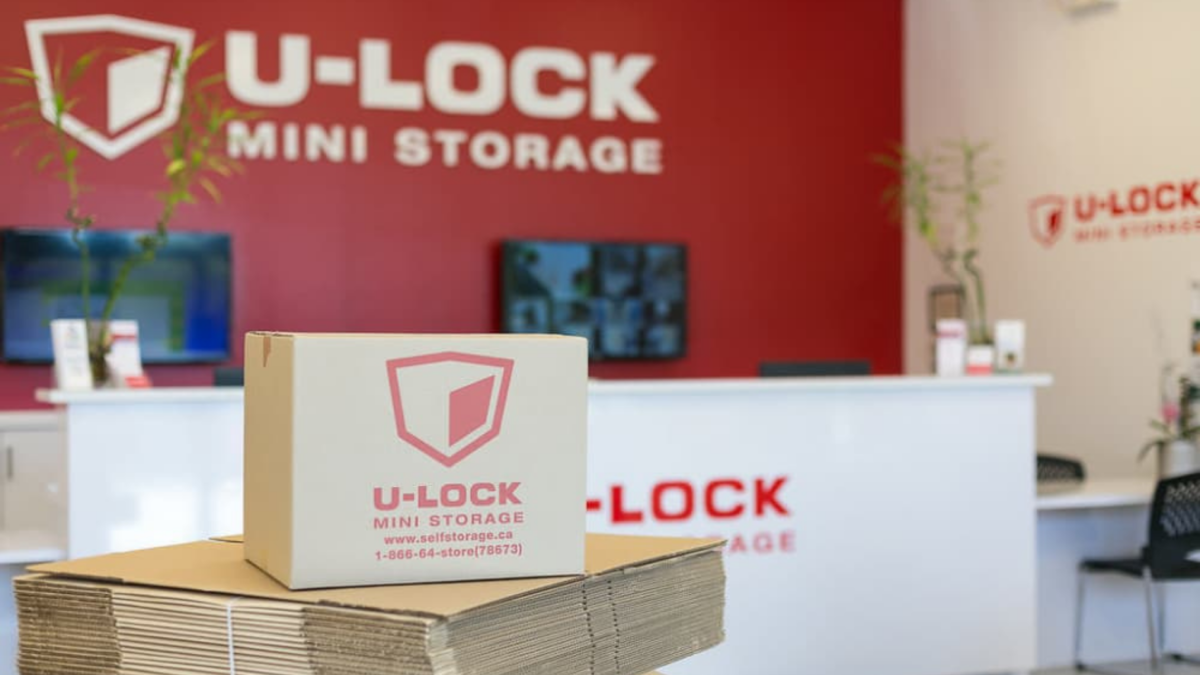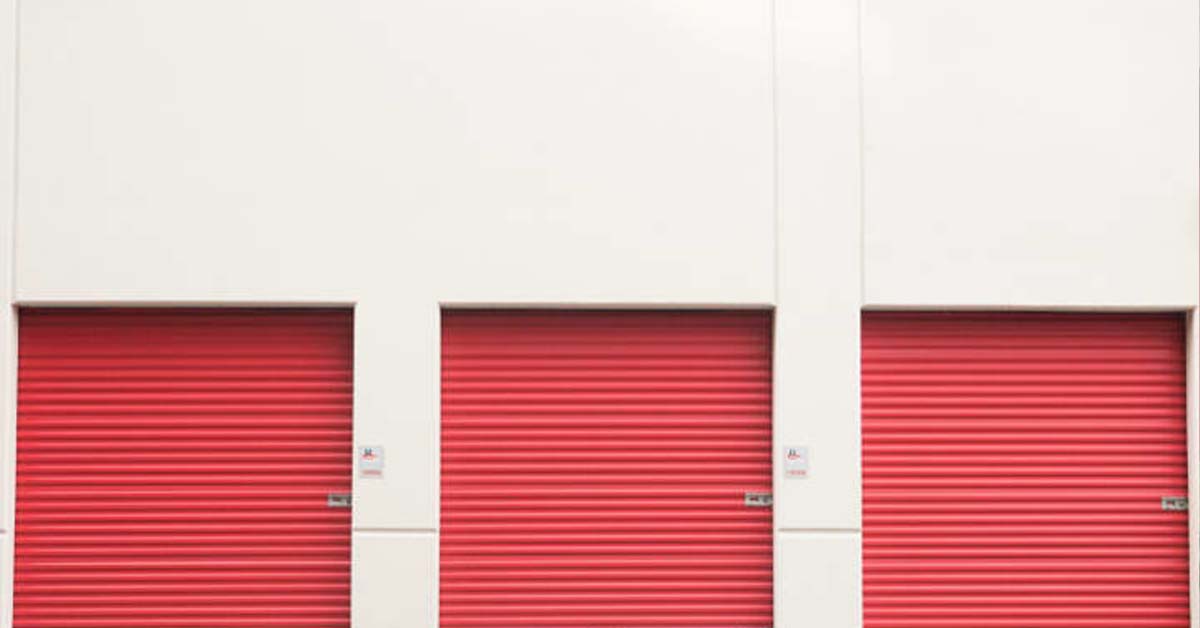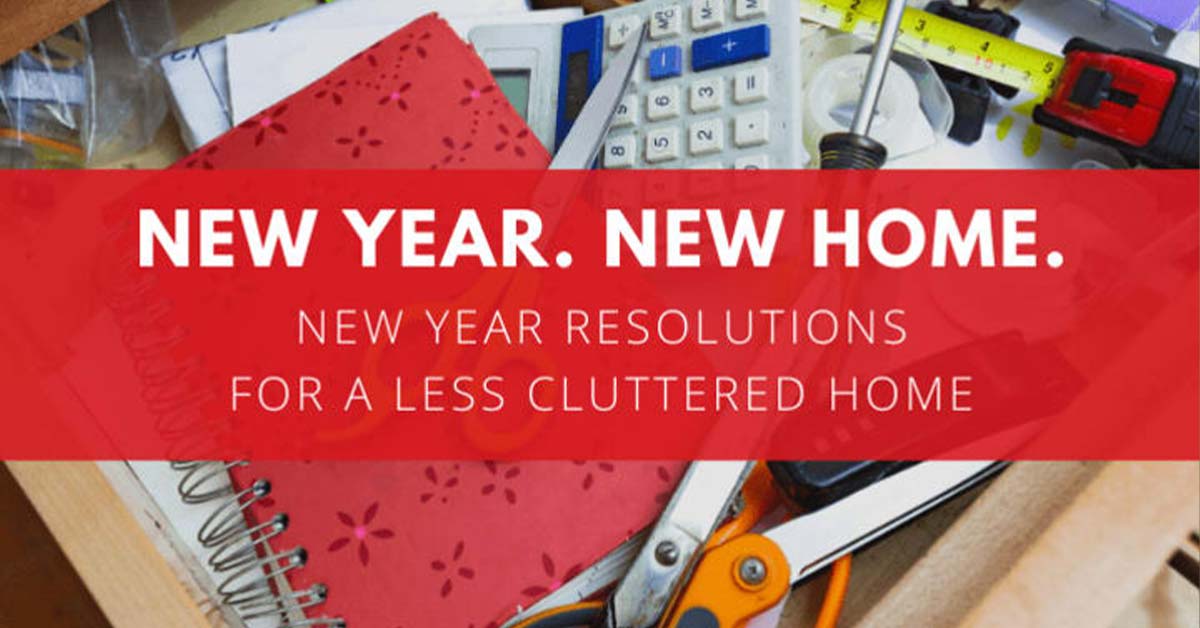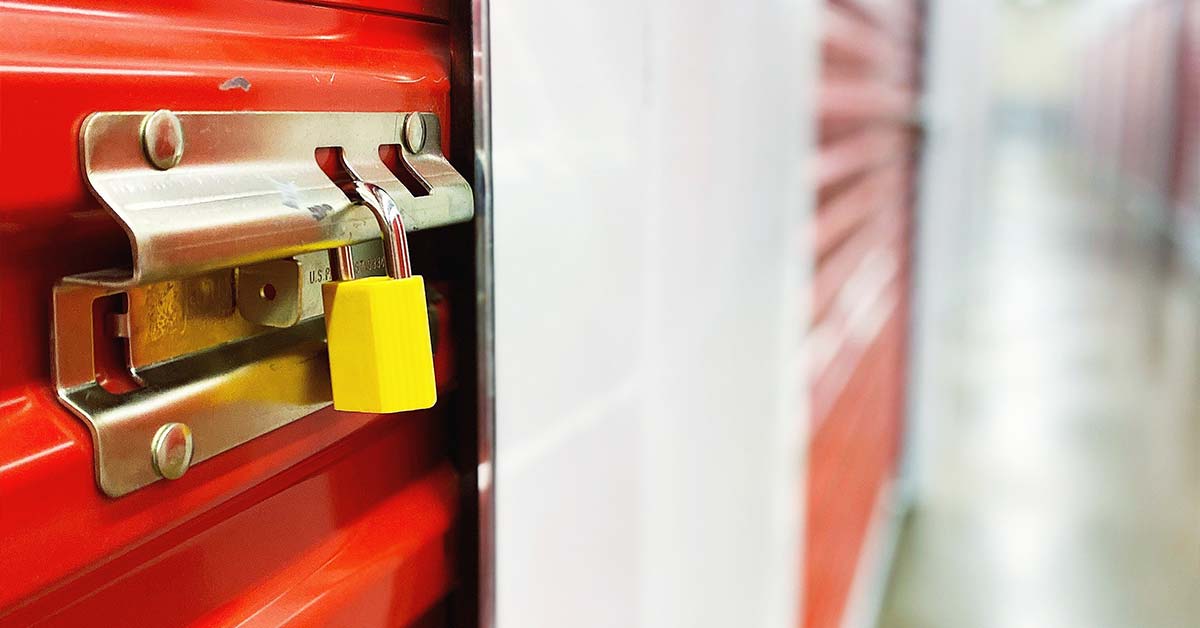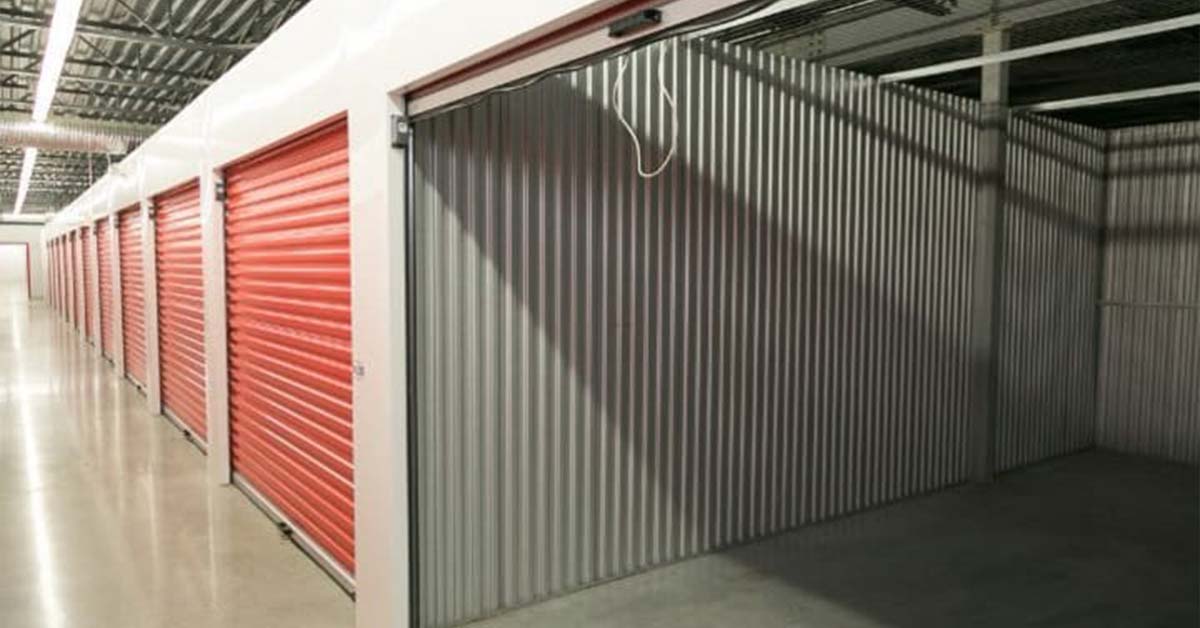Renting a storage unit is an excellent way to declutter your office or home, or to protect your valued belongings. While there are a myriad of benefits for renting a mini storage, some customers are still on the fence about whether they should rent a storage unit.
If you are having some hard time determining whether you should rent a self storage, you can use the following questions as guides to evaluate whether a storage unit is suitable for you.
- Are You Moving or Selling Your Home?
If you are moving or selling your home, we highly recommend that you rent a storage unit to declutter your home, protect your belongings, or store items that you do not plan to move to your new home.
If you are staging your home, like many other homeowners do to beautify their homes and make them more appealing to potential buyers, you can rent a storage unit to ensure that there is enough space for home staging decor to be placed in your home. Additionally, renting a storage unit allows you to store unwanted items such as old furniture or hockey sticks, and keep them out of sight while staging your home for an open house or a photoshoot.
If you plan to move to a new property shortly after selling your home, you can store items that you will not be moving to the new place. For example, if you are downsizing to an apartment from a detached home and do not have enough space in your new home to store items such as a bicycle, hockey net, or other belongings, you can store them at a self storage unit during the open house period so you can get a head start on packing for your move.
If you are planning to keep these items in the storage unit for a long period of time, you can reserve a climate-controlled storage unit so more delicate belongings are not exposed to damage from extreme heat, cold, or humidity.
Items that should be stored in a climate-controlled storage unit include:
- Antiques
- Cosmetics & Toiletries
- Art & Collectibles
- Goods and Furniture made of leather
- Paperwork/documents
- Electronics
- Media (e.g. CDs, DVDs, and cassette tapes)
- Photographs and Film
- Bicycles
- Musical Instruments
- Are You Renovating Your Home?
Similar to moving or selling your home, renovating your home would also be a good time to rent a storage unit to make your home more spacious or protect your belongings. Renting a storage unit can help keep items out of the way for home renovators to work more freely. Renting a storage unit can also help prevent your belongings from being damaged during the renovation process.
Home renovations typically last anywhere between one to three months and you can reserve a storage unit for the duration of the home renovation – however long it may be. This makes renting a storage unit incredibly cost-effective. At U-Lock Self Storage, we offer month-to-month no commitment contracts to provide you with the financial flexibility you need for renting a storage unit.
- Do You Need to Store Important Documents at a Secure Location?
Storage units are an excellent place to store important documents because storage facilities are highly secure and gated. All of our storage facilities are monitored 24 hours a day using digital surveillance. Each storage has an individual alarm installed; any trespasser who attempts to break in a storage will trigger the alarm and security or law enforcement will promptly remedy the problem.
Moreover, each renter is given a unique access code that they must use to enter the perimeter and unlock their storage unit. Each renter is also required to enter their access code when they exit the building and lock their storage unit. This protocol allows the storage facility to track who comes in and out of the building, and prevent trespassers from entering the perimeter, making the storage facility tremendously secure.
- Do You Need Extra Space At Your Home, Office, or Store?
We know – it is terribly easy to create a stack load of paperwork, inventory, or equipment at your office, retail store, or warehouse. This is where a storage unit can help; you can store products, equipment, or inventory that you do not want laying around your working area.
For example, if you have summer fashion items that you have not cleared this year, you can store them at a storage unit and bring them out next summer if they are still in style.
- Do You Have a Secure Place to Store Your Vehicle?
It is not easy to find a safe location in Greater Vancouver or on Vancouver Island to securely store a vehicle. With the number of auto break-ins on the rise, car owners are looking for new places to store their cars when they are out of town. A car or auto storage is the perfect solution for this problem. By renting a car storage at our Vancouver / Burnaby self storage location, you can store your vehicle at a gated, alarmed, access-controlled facility that is monitored via random patrol services as well as by our 24/7 digital video recording system. This robust security system will keep your vehicle safe and sound while you are away!
Questions? Feel free to call us at 1.866.647.8673 or contact us online at https://www.selfstorage.ca/contact-us and our staff will be more than happy to answer any questions you may have!
Looking to reserve a storage unit? Find a self storage facility near you:

